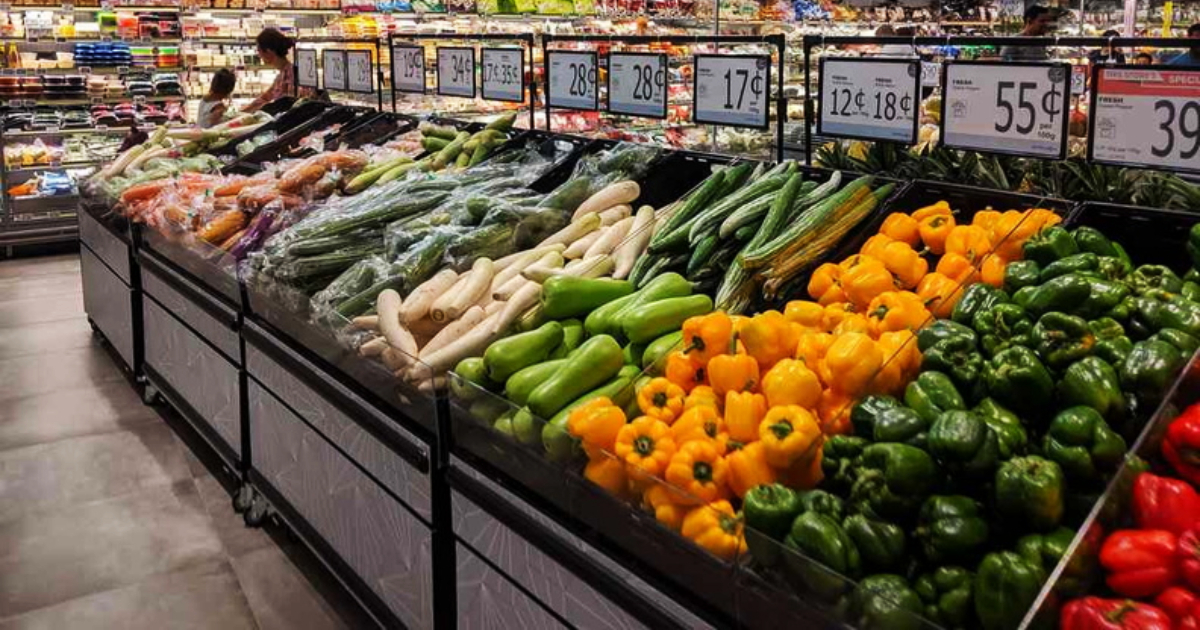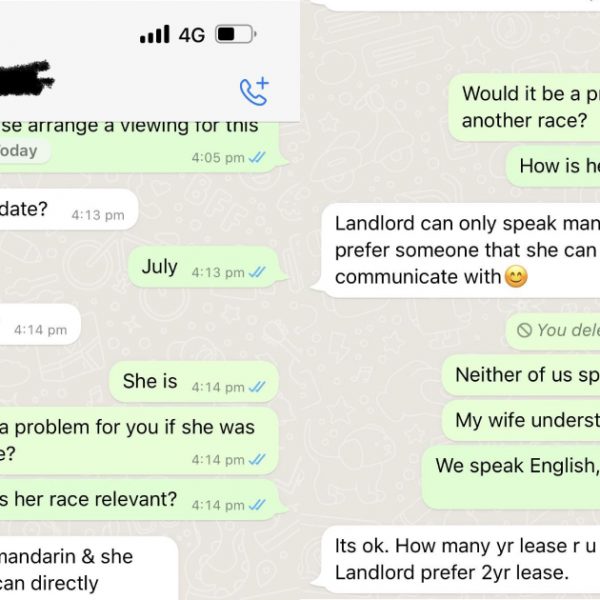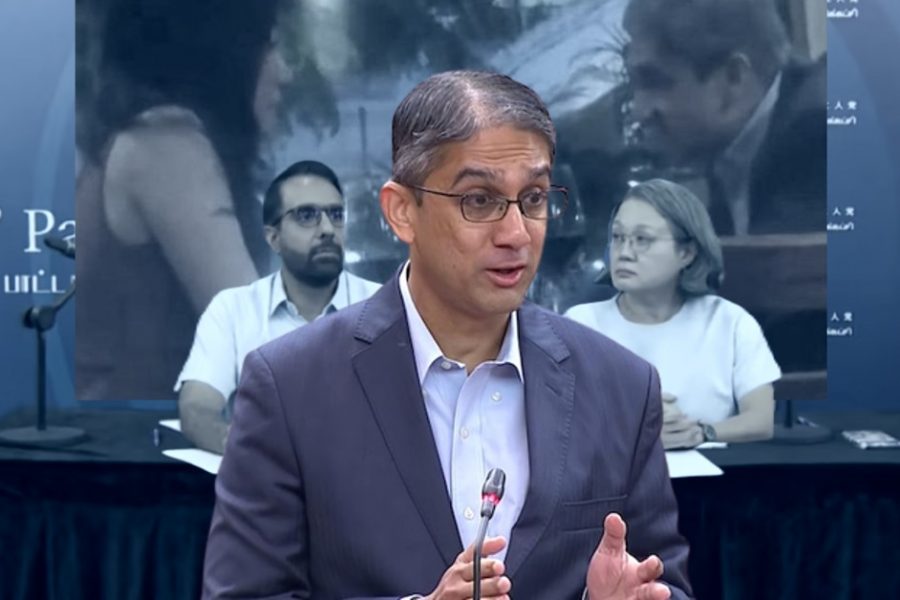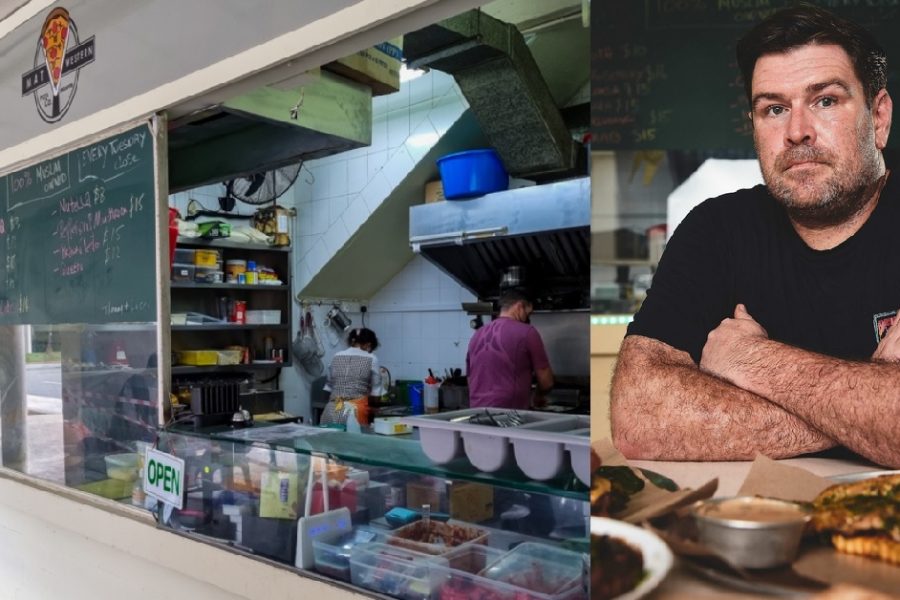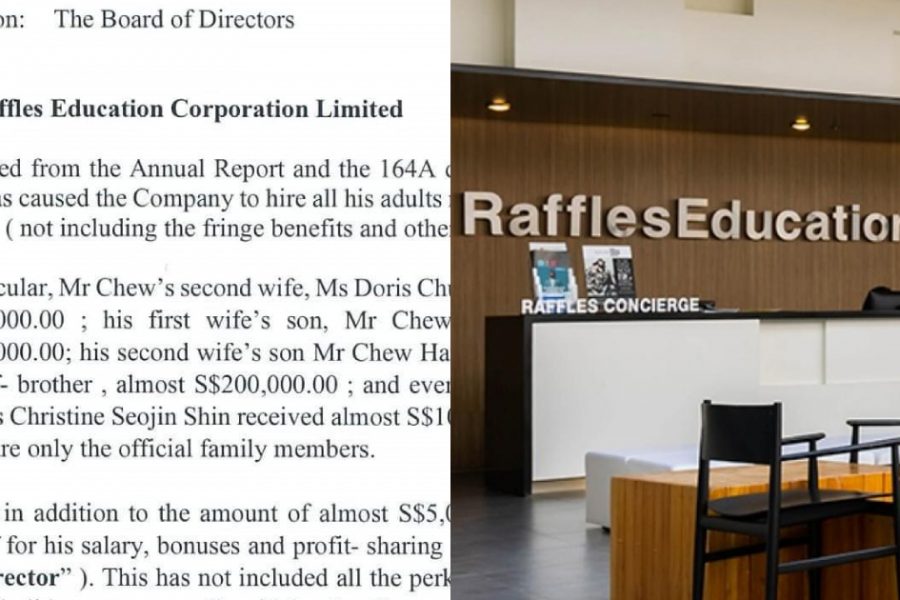Singapore has seen a ten-year high in inflation and consumer price spikes in March 2022. Much of this has been attributed to external inflationary pressures such as supply chain disruptions and volatile commodity prices due to the ongoing Russo-Ukrainian War creating spillover effects into key global markets for energy and food supplies.
This has come as an especially rude shock to Singaporean society, built around an economy that is heavily dependent on external imports for most of its material goods, energy and food supplies, and foreign direct investments into the local service and knowledge-based economy.
Singaporeans are now having to come to terms with the grim reality that unlike the prior decades when the country was playing catch-up to leading advanced economies globally, Singapore is now truly an advanced economy and society, but also suffering the same problems as many similar economies around the world with an ageing population and economic imbalances laid bare by the Covid-19 pandemic.
As an island-state, Singapore is especially vulnerable to macroeconomic and geopolitical changes and shocks, particularly in the past two years. Global financial institutions such as the IMF and World Bank, as well as national central banks including Singapore’s, are increasingly recognising and grappling with the spectre of an unwelcome return to the economic stagflation of the 1970s where rising oil and commodity prices resulted in cost-push inflation, rising unemployment, and uneven economic growth.
It can be argued that the macroeconomic situation for Singapore in 2022 is even more dire than the 1970s due to several reasons, all of them linked with the Russo-Ukrainian War.
Food and Resource Security
Firstly, the ongoing Russo-Ukrainian War has severely disrupted global agricultural and energy markets. Ukraine might be two continents away from Singapore, but the effects of the global market losing one of the top three global exporters of wheat, maize, rapeseed, sunflower seeds and sunflower oil is not to be underestimated on Singapore.
Singaporeans should note that as a direct result of this disruption of Ukrainian agricultural supplies on the global market (particularly in sunflower oil), Indonesia has recently announced a blanket ban on palm oil exports in an effort to control its own domestic vegetable cooking oil prices.
Rising prices of vegetable cooking oil and the resultant knock on effects on domestic food prices in Singapore is directly linked to these two events, especially when one considers that Singapore’s primary supplier of palm oil is Indonesia.
“When Elephants Fight, The Grass Gets Trampled.”
Secondly, Singapore will find itself increasingly constrained by the fracturing of the global economic and international political system away from the free-flowing, ultra-business and capital-friendly globalisation model that has held sway since the 1990s with the end of the Cold War.
Singapore thrived since independence as a middleman country between Western and Eastern political and business interests, standing internationally in a safe space of non-alignment where financial capital trumped political ideologies and international geopolitical leanings.
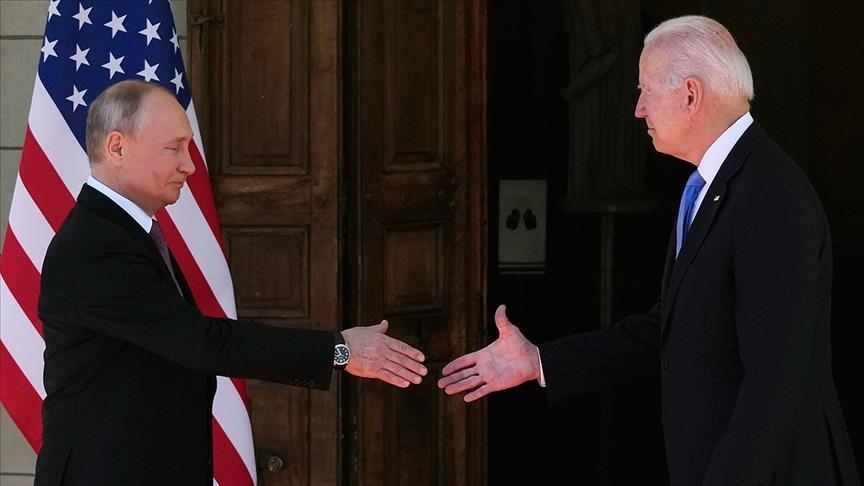
This safe space has all but disappeared now with the Russo-Ukrainian War, where many advanced Western economies have openly participated and colluded with the weaponisation of the US dollar as a central instrument in wide-ranging economic sanctions against Russia, and political coercion against nonaligned states in an unwelcome return to zero-sum great power politics, no matter how justified against Russian military adventurism and historical revanchism.
Russian oil and gas might be available at discounted prices now on the global market, but Singapore can’t buy them to control domestic energy price inflations for fear of Western political and economic blowback.
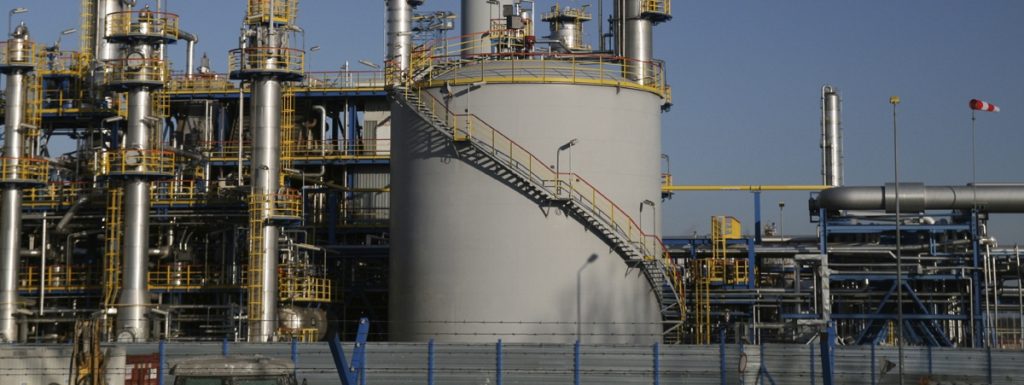
What would ordinarily have been independently-made, commonsensical decisions to take advantage of discounted prices is now suddenly constrained by the need to be on the “winning” international popularity team, on terms determined by great international powers who are increasingly dogmatic and petty in selective manners for their own interests. In any case, this is a moot point given Singapore’s marking as an “unfriendly state” by Russia over its participation in Western-led economic sanctions over the Russo-Ukrainian War.
The war that broke the political back of the globalised economy.
Singapore remains heavily dependent on foreign investments and multinational companies creating job opportunities and economic growth in its economy, with local small and medium enterprises (SMEs) remaining woefully inadequate in international competitiveness, local productivity, or opportunities for successive young Singaporean generations to make a sustainable living.
For as long as the globalised pre-pandemic economy was going strong, Singapore could afford to heavily skew investment and attention to its economic growth engines fuelled by financial services and foreign inputs in trade, technology, data, and information.
This has been utterly disrupted by the Russo-Ukrainian War, on top of the economically damaging legacy that Covid-19 has wrought on globalised trade and travel patterns.
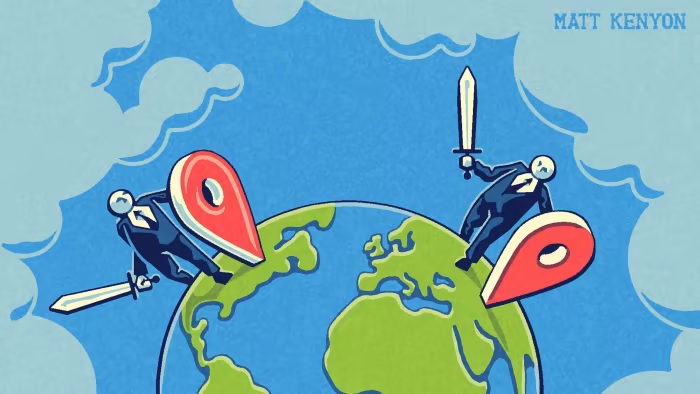
Geopolitical tensions exploding into open war such as what is ongoing between Russia and Ukraine, and supply-chain traumas left by the pandemic, have led to renewed drives by advanced Western economies to get their multinational companies to reshore economic investments and production capabilities closer to home for strategic reasons of national interest.
Such reshoring is increasingly defined by geographical proximity as well as political alignment on the international stage, and will see further fragmentation of the global economy into Balkanised blocs.
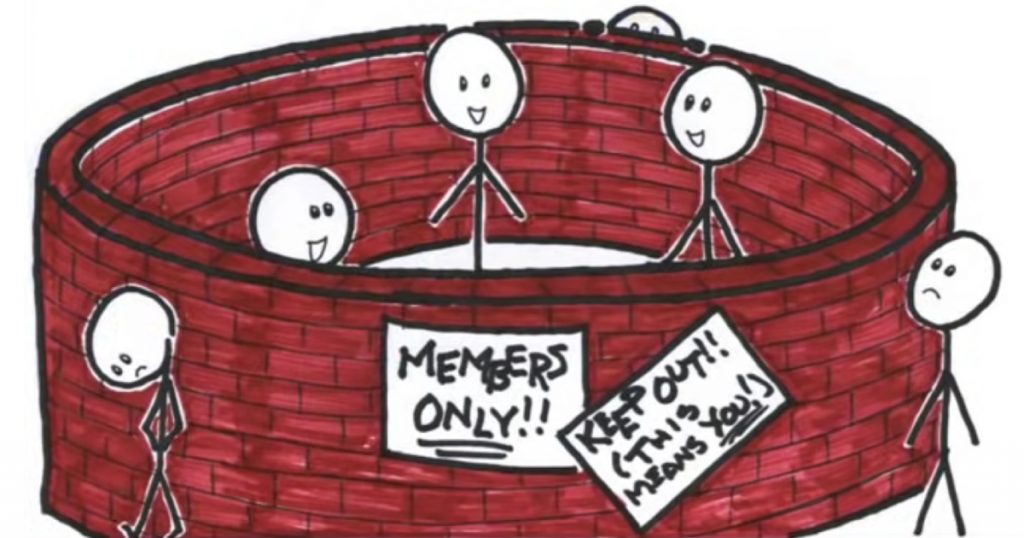
Singapore will not be immune to such reassessments of economic and political interests catalysed by the Russo-Ukrainian War and its fuelling of intensifying side-picking by erstwhile nonaligned countries.
It will remain to be seen how much Singapore’s choice of proactive alignment with US-led economic sanctions against Russia will impact its economic and political ties with Mainland China, Russia’s only major international ally left and Singapore’s largest trading partner.
When the Tide goes out, the naked swimmers get exposed.
Singapore is now left with few cards to play to fuel its economic growth, given how utterly dependent it is on foreign investments, multinational businesses, and unfettered globalisation in an era of peaceful and stable global politics to act as its economic growth engines.
Should Singapore see decreasing investment interest from multinationals owing to reshoring economic and domestic/international political pressures, it has little in the way of local multinationals or its domestic SME economy to act as replacement growth engines for the country’s economy.
Given the extent which the government is beholden to maintaining pro-business sentiments towards multinationals seeking to expand into Singapore, it is unlikely that Singapore’s manpower economy will benefit from stronger and larger demands from such multinationals for predominantly-Singaporean workforces in their operations here without government rules mandating and enforcing knowledge, skills, and technological transfers from them to local workers and businesses. This has been the reality in the past, this will remain the same in the future.
The lack of powerful state-controlled local multinationals to participate in the global commodities market is also exposed by the Russo-Ukrainian War. A good example would be Singapore’s sole state-owned fossil fuels entity, Singapore Petroleum Company [SPC] being entirely taken over by PetroChina, a state-owned company of the People’s Republic of China in 2009.
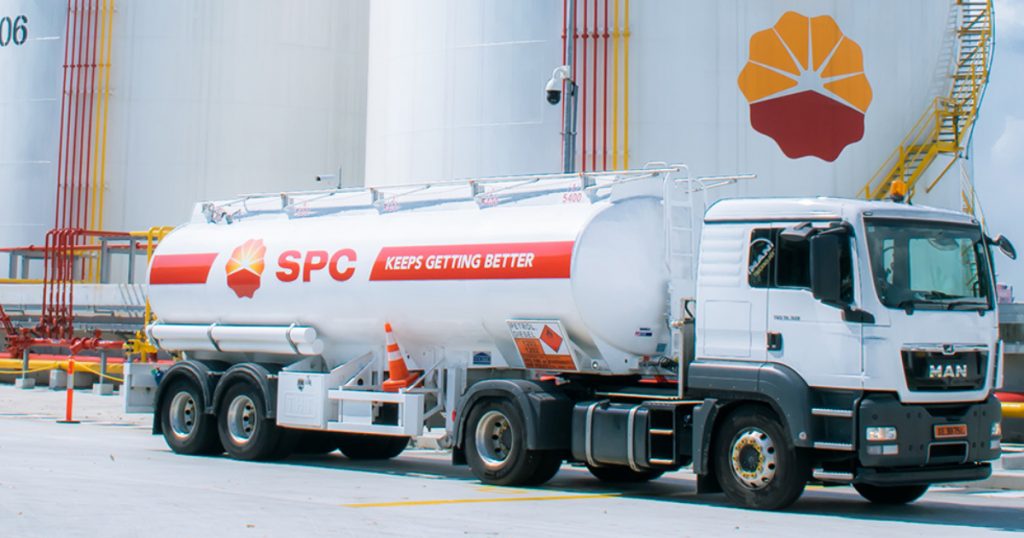
Despite the discounted pricing of directly buying Russian oil and gas now, Singapore can’t order any fossil fuels majors like SPC that isn’t state controlled (much like how Petronas is Malaysia’s state-owned oil and gas company) to purchase and supply discounted Russian fossil fuels at subsidised prices for local society in Singapore, therefore driving down living costs inflation across the entire economy.
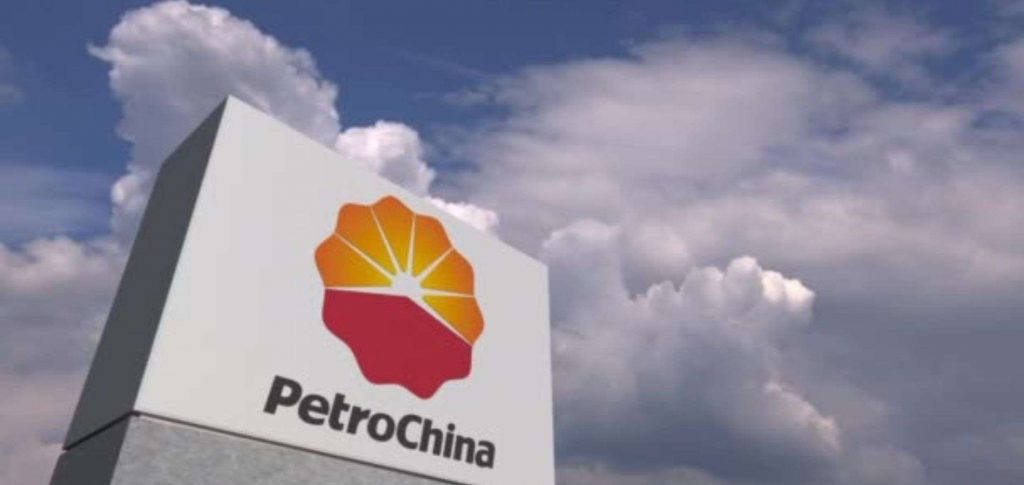
Repurposing for new uncertain times
Contrary to what some segments of Singaporean society believe, that the Russo-Ukrainian War is none of our country’s business since it is happening far away in a land which we know little to nothing about, the ongoing war in Ukraine has sounded the death knell for a way of globalised economics, trade, and international politics that Singapore has succeeded over the past decades to harness and utilise to bring it from Third World to First.
It is only with a sober recognition of this change of reality that Singaporean society and politicians can engage in some hard-headed introspection of the country’s current economic and societal dogmas, and adapt itself accordingly to regain more self-reliance and insulation against macroeconomic shocks in an increasingly unstable global future.
